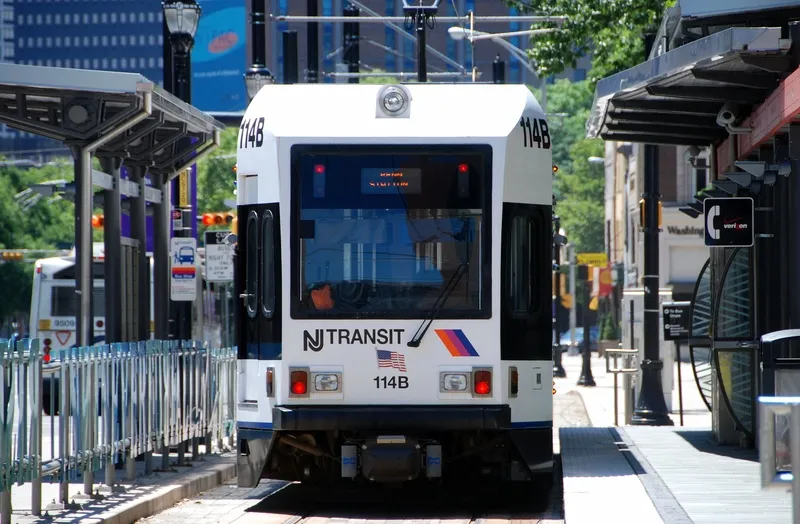UK-based
Masabi’s Justride SDK will power Uber's ticketing option. The system intends to allow third party applications to request fare types, make payments and deliver visual barcode mobile tickets to a passenger through a secure ticket wallet.
Justride SDK is said to combine secure ticketing functionality with existing apps to provide users with more convenient access to tickets for public transit services. For transit agencies, deploying via SDK will make mobile ticketing instantly available to an established user base with the intention of delivering a seamless experience to transfer to, or ride on, transit services.
Jahan Khanna, head of product, mobility at Uber, said: “Having a greater variety of transportation modes at your fingertips helps make it increasingly easy to live without a car. That’s why we want to provide alternatives to personal car ownership by bringing together multiple modes of transportation right in our app. We’re excited to partner with Masabi to incorporate transit as an option in the Uber app.”
Masabi and Uber enter ride-sharing and transit ticketing partnership
UK-based Masabi will add public transit mobile ticketing into Uber’s app as part of a strategic partnership. Once an agreement is reached with a transit agency, Uber users will be able to book and display public transit tickets within the application to enable seamless multimodal journeys.
Masabi’s Justride SDK will power Uber's ticketing option. The system intends to allow third party applications to request fare types, make payments and deliver visual barcode mobile tickets to a passenger through a
April 12, 2018
Read time: 2 mins








